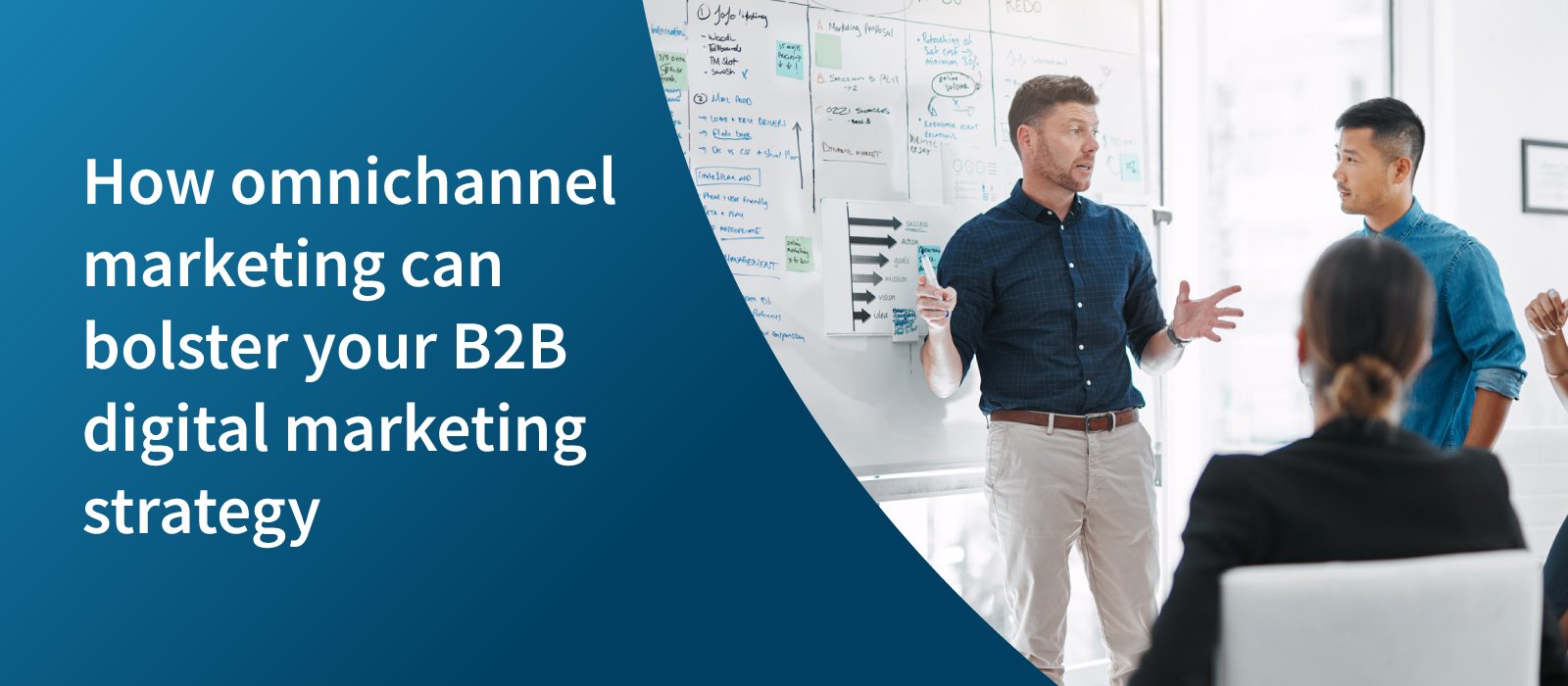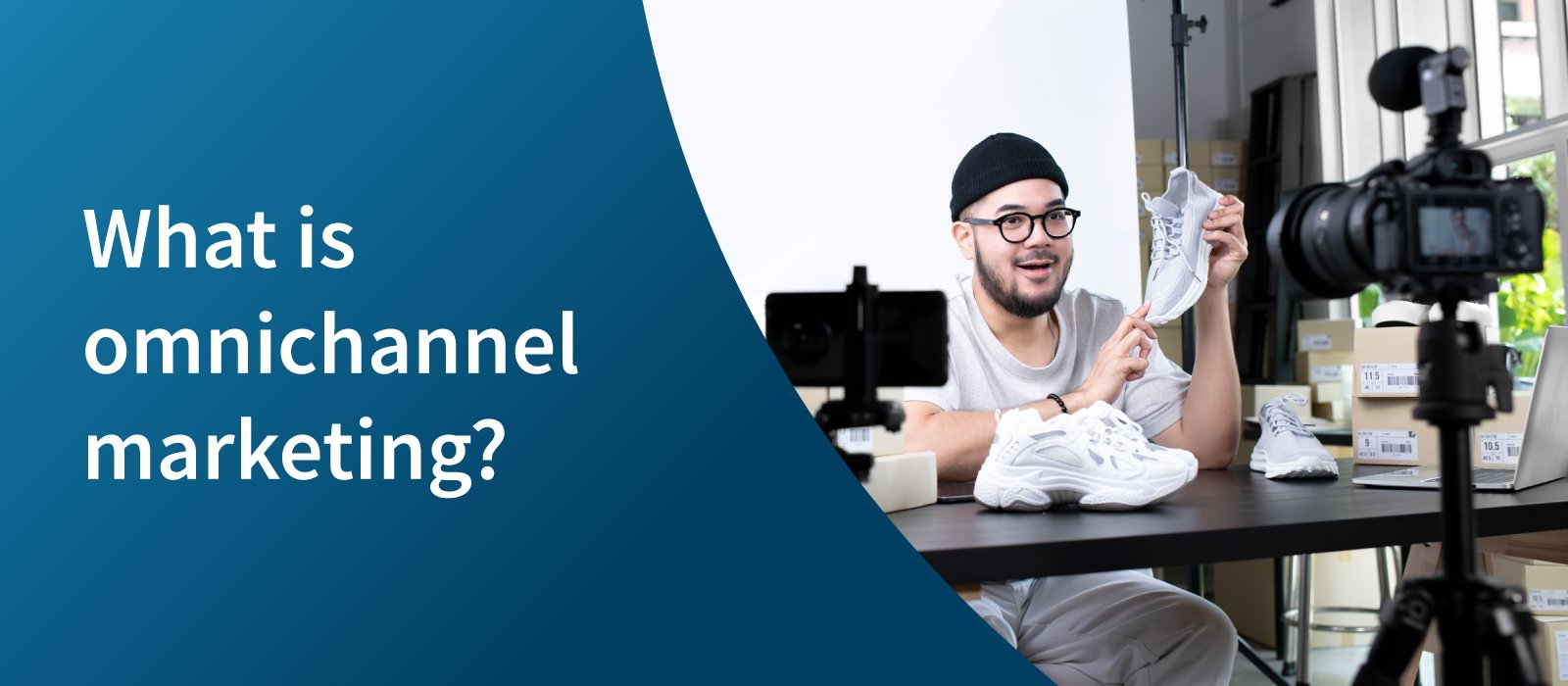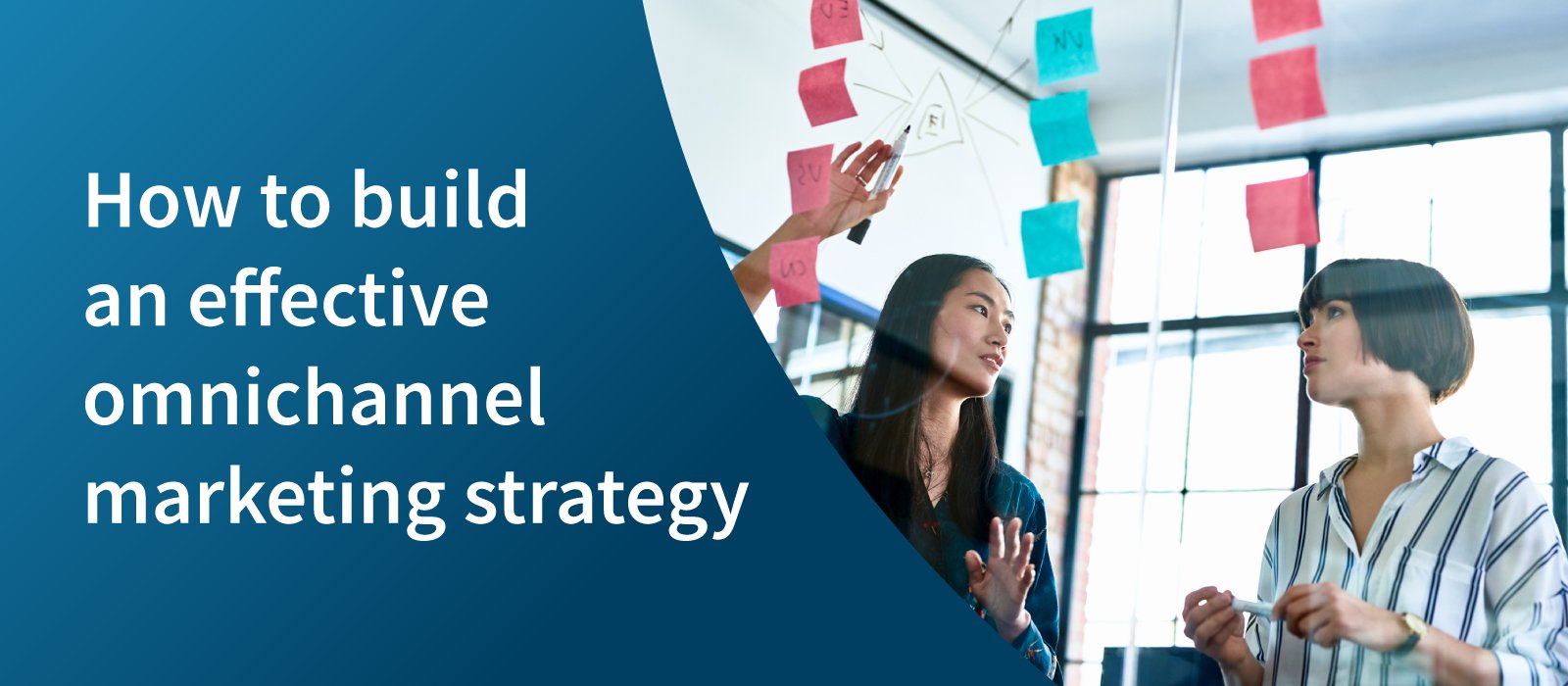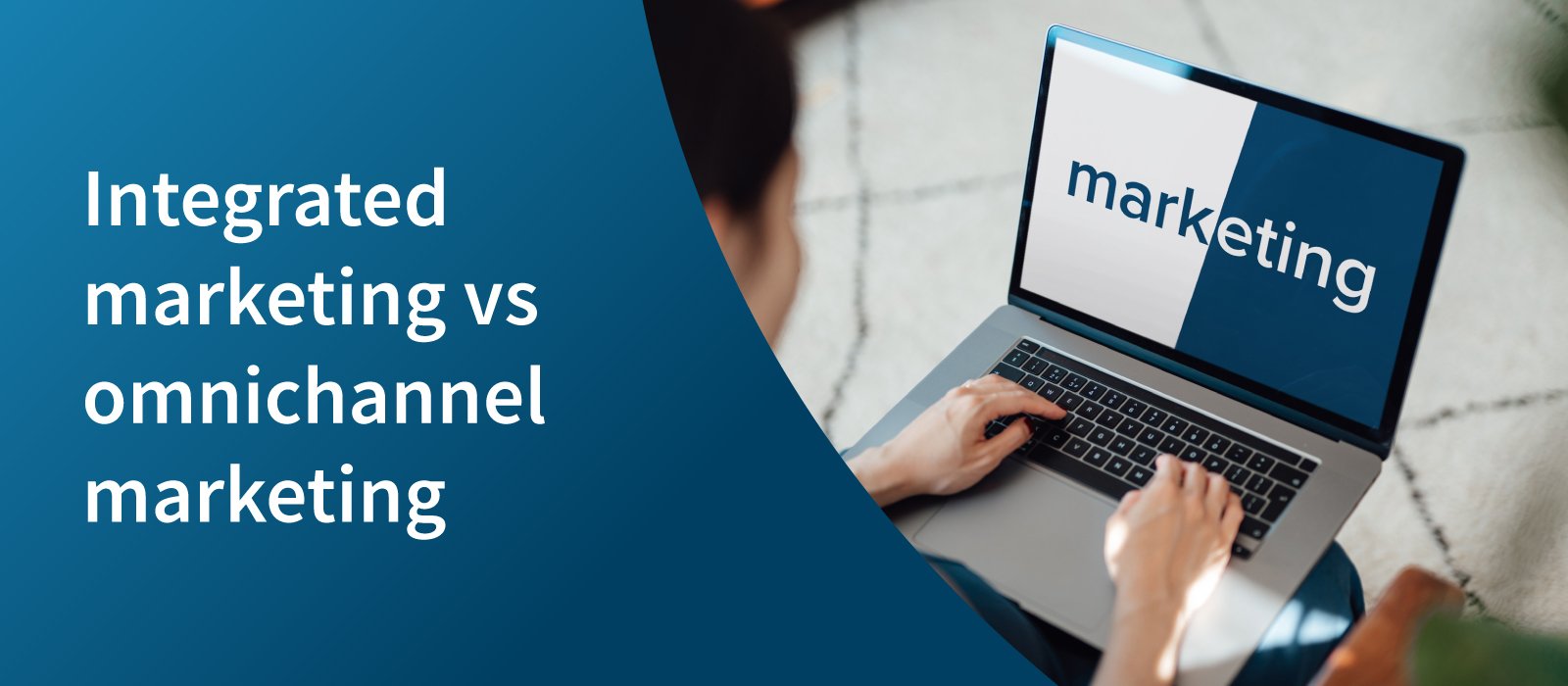How omnichannel marketing can bolster your B2B digital marketing strategy

Marketing continues to be a valuable investment for businesses to help bolster brand recognition. It creates awareness of your products and services and, when done well, helps to engage customers at different stages in the sales and marketing funnel to help them make their buying decisions. This is especially true for organisations in the business-to-business (B2B) space that sell complex, high-value products or services. Marketing can help you cut through the noise and effectively communicate your business’s value proposition to the market, including to potential partners and customers.
Over time, marketing has evolved from tactics like cold calls, branding, and advertising to include a wide variety of activities and ways of engaging with current and future customers. As the options for organisations to interact with and reach customers continue to grow, it’s becoming increasingly important that B2B organisations invest in omnichannel marketing to reap the benefits of different channels and types of engagement instead of placing all their eggs in one basket.
Let’s take a look at this strategy and how it works.
What is omnichannel marketing?

In simple terms, omnichannel marketing is a marketing strategy that leverages various channels to create a consistent and seamless customer and brand experience. Because there are now so many different ways that consumers can interact with companies and brands, omnichannel marketing is an effective way for you to provide consistent and recognisable messaging for your business, regardless of where you interact with customers.
It includes both digital/online (e.g., email marketing, social media, blogs) and offline (e.g., phone calls, direct mail) channels to meet your customers wherever they want to be met (or in whichever way they prefer to interact with your company). It can also include different advertising streams, such as print or digital. Ultimately, it combines these different streams to help consolidate your key messaging and move consumers through the sales funnel.
By taking a consumer-centric view of marketing and leveraging the power of digital solutions, a holistic approach lets your business better understand customers and tailor your marketing efforts to meet specific customer needs and preferences. It lets your business generate more personalised content informed by past customer interactions and where a customer is in the buyer’s journey.
Companies often use customer relationship management (CRM) software to support their omnichannel marketing to track and analyse customer interactions across different channels. However, this isn’t the only way to build an effective omnichannel marketing strategy.
How to build an effective strategy

This approach has myriad benefits, including bolstering your business pipeline and providing seamless customer experiences. However, to get the most out of your investment, it’s important to know how to develop an omnichannel marketing strategy that works.
First, it’s essential to understand your customers and what channels they use (or want to use). You also need to understand their pain points and ensure that your solutions and associated messaging directly map to these challenges to provide solutions. From here, you need to refine your messaging and ensure it is clear and consistent so it can be delivered seamlessly across different channels.
Your messaging should be supported by high-quality content tailored to the different stages of the sales funnel while positioning your business as a true industry leader. You’ll also need to ensure your business structure is designed to support a seamless flow of business, so your omnichannel marketing efforts aren’t wasted. Once you’ve captured your audience’s attention, you want prospective buyers to flow seamlessly through the sales funnel.
Omnichannel marketing isn’t as simple as people may think; it’s an art, and it goes beyond simply posting the same content across your social media and calling it a day. Your strategy should be designed to account for the nuances between different channels and be tailored to attract disparate demographics across different platforms. Working with a specialist B2B marketing agency can help take the guesswork out of the equation and ensure your omnichannel marketing strategy will get the results you want.
While omnichannel marketing is an effective strategy, it isn’t the only option available to businesses: many organisations leverage the benefits of integrated marketing to get results. So, what’s the difference?
Integrated marketing vs omnichannel marketing

While omnichannel marketing leverages a multitude of marketing channels, many of which are either owned or paid for, integrated marketing goes beyond what we could call ‘pure’ marketing to incorporate public relations (PR). It ensures PR and marketing campaigns are aligned with each other, as well as the broader business and its objectives, and content is created in tandem.
Integrated marketing leverages the PR function to engage with news and industry media to help amplify your company messaging and complements your paid activities with organic or earned media. This means that potential customers can move from seeing a piece of marketing material and searching your company to seeing media articles that echo your marketing messaging and vice versa.
While both integrated marketing and omnichannel marketing are effective strategies on their own, for the best results and return on investment (ROI), organisations should consider an integrated digital marketing strategy that leverages omnichannel marketing. However, this can be challenging to achieve for organisations that have experience with PR but don’t know where to start with marketing, haven’t worked with PR agencies before, or aren’t achieving the results they want with the marketing strategy they already have in place.
Working with an integrated content marketing agency that has demonstrated experience in B2B digital marketing and B2B lead generation and understands the valuable convergence between both marketing and PR can help your business achieve the best possible results for its investment. Engaging the services of a dedicated PR and marketing agency also ensures your marketing manager has access to valuable resources and support.
Outsource—part of The Recognition Group, Australia’s leading PR and marketing specialists—is a specialist B2B and ICT channel marketing agency that offers integrated solutions for organisations selling complex, high-value products or services. The Outsource team has extensive experience working with B2B vendors, distributors, and partners of all kinds to deliver comprehensive and effective omnichannel marketing and thought leadership strategies and works closely with its partner PR agencies to deliver integrated marketing strategies that get results.
Contact the team to learn how we can help your company bolster its business pipeline and deliver seamless customer experiences across channels.












